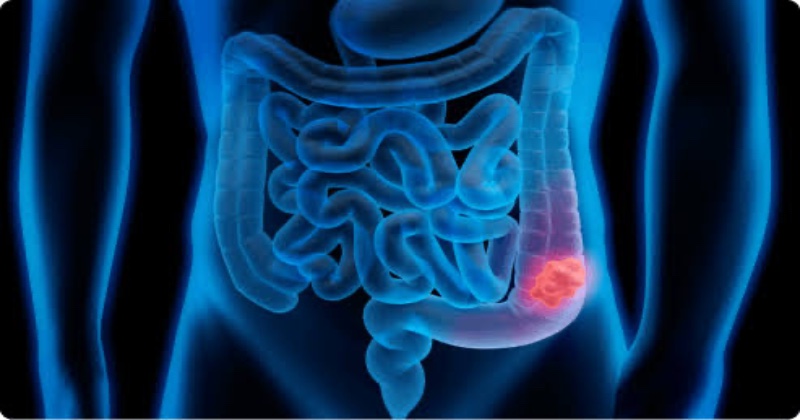
Precautions for Intestinal Cancer:
1. Regular Screening: Schedule routine screenings like colonoscopies as recommended by your healthcare provider, especially if you have a family history of intestinal cancer.
2. Healthy Diet: Consume a balanced diet rich in fiber, fruits, vegetables, and whole grains. Limit processed meats and high-fat foods.
3. Physical Activity: Maintain a regular exercise routine to promote digestive health and reduce the risk of obesity, a known risk factor for some types of intestinal cancer.
4. Hydration:Stay well-hydrated by drinking plenty of water to support overall digestive function.
5. Limit Alcohol:If you choose to drink alcohol, do so in moderation. Excessive alcohol consumption is linked to an increased risk of intestinal cancer.
6. Quit Smoking: Smoking is associated with various cancers, including those of the gastrointestinal tract. Seek support to quit smoking if you are a smoker.
7. Healthy Weight: Maintain a healthy weight through a combination of diet and exercise. Obesity is a risk factor for some intestinal cancers.
8. Reduce Red Meat: Limit the consumption of red and processed meats like beef, pork, and bacon, as they may increase the risk of colorectal cancer.
9. Fiber Intake: Include foods high in dietary fiber, like beans, lentils, and whole grains, in your diet to support digestive health.
10. Know Your Family History: Be aware of your family’s cancer history and discuss it with your healthcare provider. Certain hereditary conditions can increase the risk of intestinal cancer.
11. Stress Management: Practice stress-reduction techniques, as chronic stress can impact overall health, including digestive function.
12. Follow Medical Advice: If you have a family history or other risk factors, follow your healthcare provider’s recommendations for preventive measures and screenings.

Post Your Comments